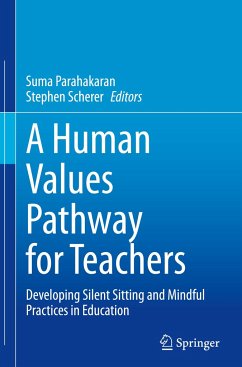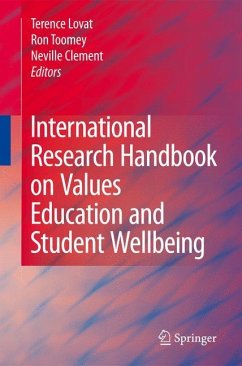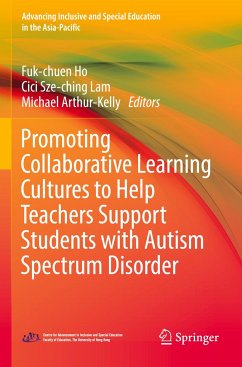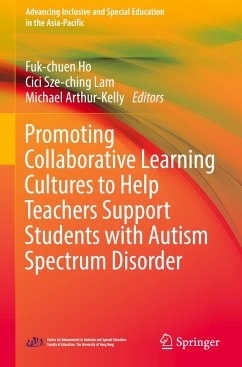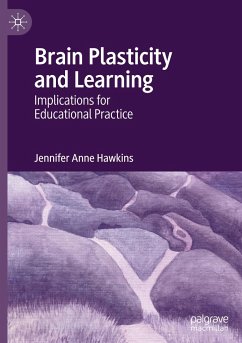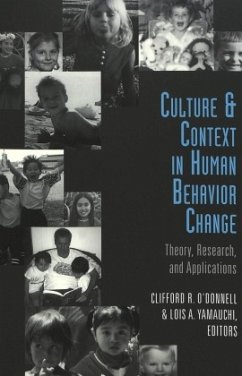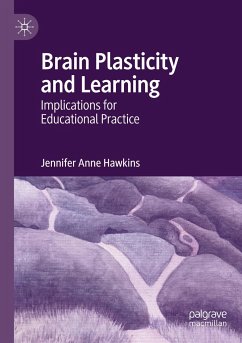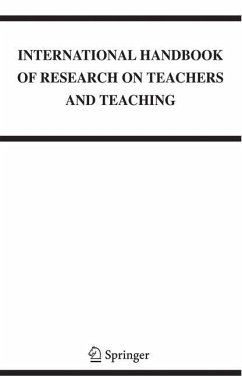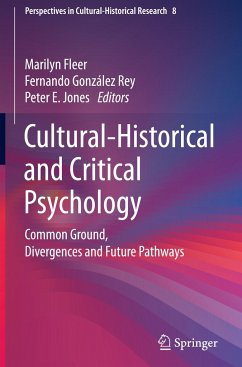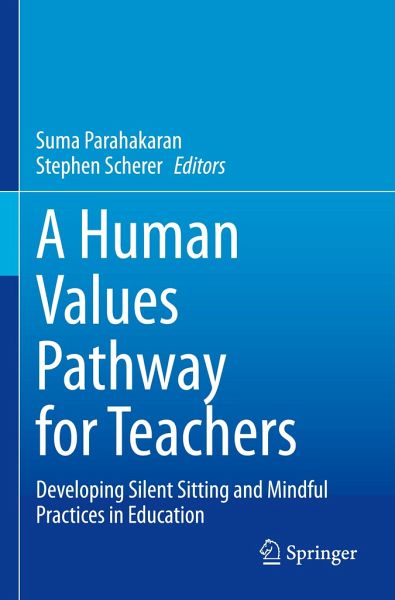
A Human Values Pathway for Teachers
Developing Silent Sitting and Mindful Practices in Education
Herausgegeben: Parahakaran, Suma; Scherer, Stephen
Versandkostenfrei!
Versandfertig in 6-10 Tagen
113,99 €
inkl. MwSt.

PAYBACK Punkte
57 °P sammeln!
This book combines perspectives from psychology, spiritual education and digital teaching pedagogies in a transnational framework to discuss the Education in Human Values Program (EHV) for child development, with a focus on silent sitting, mindfulness, meditation and story-telling as tools in the classroom. Through positive guidance in the early stages of child development using EHV tools, teachers will be better equipped to handle disciplinary issues in primary and secondary schools. These practices are also useful for the higher education community, as teachers and educators from tertiary in...
This book combines perspectives from psychology, spiritual education and digital teaching pedagogies in a transnational framework to discuss the Education in Human Values Program (EHV) for child development, with a focus on silent sitting, mindfulness, meditation and story-telling as tools in the classroom. Through positive guidance in the early stages of child development using EHV tools, teachers will be better equipped to handle disciplinary issues in primary and secondary schools. These practices are also useful for the higher education community, as teachers and educators from tertiary institutions may adopt these practices in their teaching and become reflective practitioners. Topics such as teacher morale and school climate and its impact on children are discussed in relation to building resilience, reflective capacities, and inner strength (shared values) using an intrinsic and transformational approach. The discussions also include perspectives from the neurosciences.With contributions from teachers and educators from the US, South Africa, Malaysia, Australia, Hong Kong and Mauritius, this edited volume addresses the challenges, strengths and weaknesses associated with daily teaching practices in primary and secondary schools and higher education institutions. The content is relevant to policymakers and researchers in child development studies, with a particular focus on the impact of silent sitting, mindful practices, and meditation on children's self-regulation and resilience. The authors collectively espouse that silent sitting techniques can help a child to grow and discover their hidden potential, thus enhancing their social, emotional, spiritual and physical capacities.



